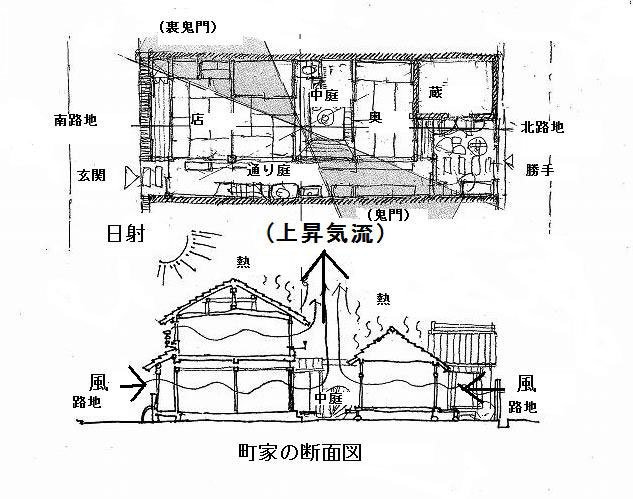This is the fifth post in my Effective Populism series. Read the introduction here.
Continuing our discussion of perverse incentives, I want to touch briefly on a problem I see quite frequently with “sin taxes”, especially in the context of environmentalist debates.
A “sin tax” can be defined as a tax for the purpose of reducing consumption of some good or service that is deemed as being socially undesirable or harmful in some way. Taxes on cigarettes are probably the easiest to recognize.
So I recently had a conversation about carbon taxes with a friend of mine who you might reasonable call a “social democrat”. And I saw a problem:
If a “sin tax” is supposed to dis-incentivize the consumption of some good/service X that we see as bad, there must be alternatives to X available. If there are no alternatives, you are just raising the price of a necessity, and impoverishing people ever further.

In most of the United States, a car is absolutely necessary to survive. So if you simply place a nationwide tax on gasoline, for instance, you likely won’t significantly drop fuel consumption; you’ll just make people poorer. And, of course, sales taxes are regressive to begin with. It is reasonable to oppose these taxes from the mere grounds of “you are punishing me for using something I have to use to live my life”. It would of course be different for a city with a full-fledged public transit system, like New York City, to place further taxes on gasoline.
If we want to shape incentives using policy, we need to understand the alternatives (or lack thereof) to the goods/services we are (dis)incentivizing. Furthermore, we should aim for the policy to be at least non-regressive (if not progressive) and to be something that can be readily enforced. An example might be something akin to a cap&trade (or cap&share) program that focuses on the usage of electricity, gas, etc. at home (since you can pull bills from utility companies in order to verify the data, etc.).
And what about particular products? Perhaps we can subsidize coffee makers that might take a little longer but use less electricity, while taxing those that use lots of electricity for the sake of convenience? Dryers are one of the largest sources of electricity usage in the home: perhaps we incentivize hanging clothes out to dry (or, more radically/unlikely, give a long term tax credit to anyone who buys a house without a dryer)? Maybe we can provide subsidies to companies that build houses that use passive heating/cooling as opposed to relying on air conditioning (and change the zoning laws that actively hinder these efforts today)?

We need to get creative. Too often our policies end up simply harming the poor because either we don’t see the whole landscape of incentive structures (unwittingly or on purpose) or we simply pull from the same impoverished toolbox of blanket tax raises/cuts. Hell, we tend to only look at a very tiny set of taxes at all! Land value tax? Creative tariffs to normalize wage levels and correct for poorer environmental standards? No creativity!
And so, when we address a problem of massive cost externalization in something like environmental destruction, we need policies that don’t harm the poor and let the rich get away scot-free. We need to explode the boundaries of the possibility space for action and policy. Only then can we escape our continued decline.



. . . which assumes that the policymakers in question actually want to solve the problem in question.